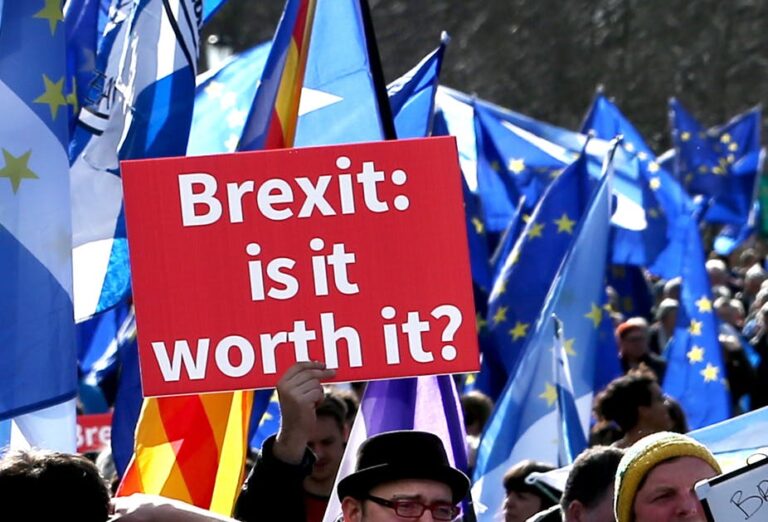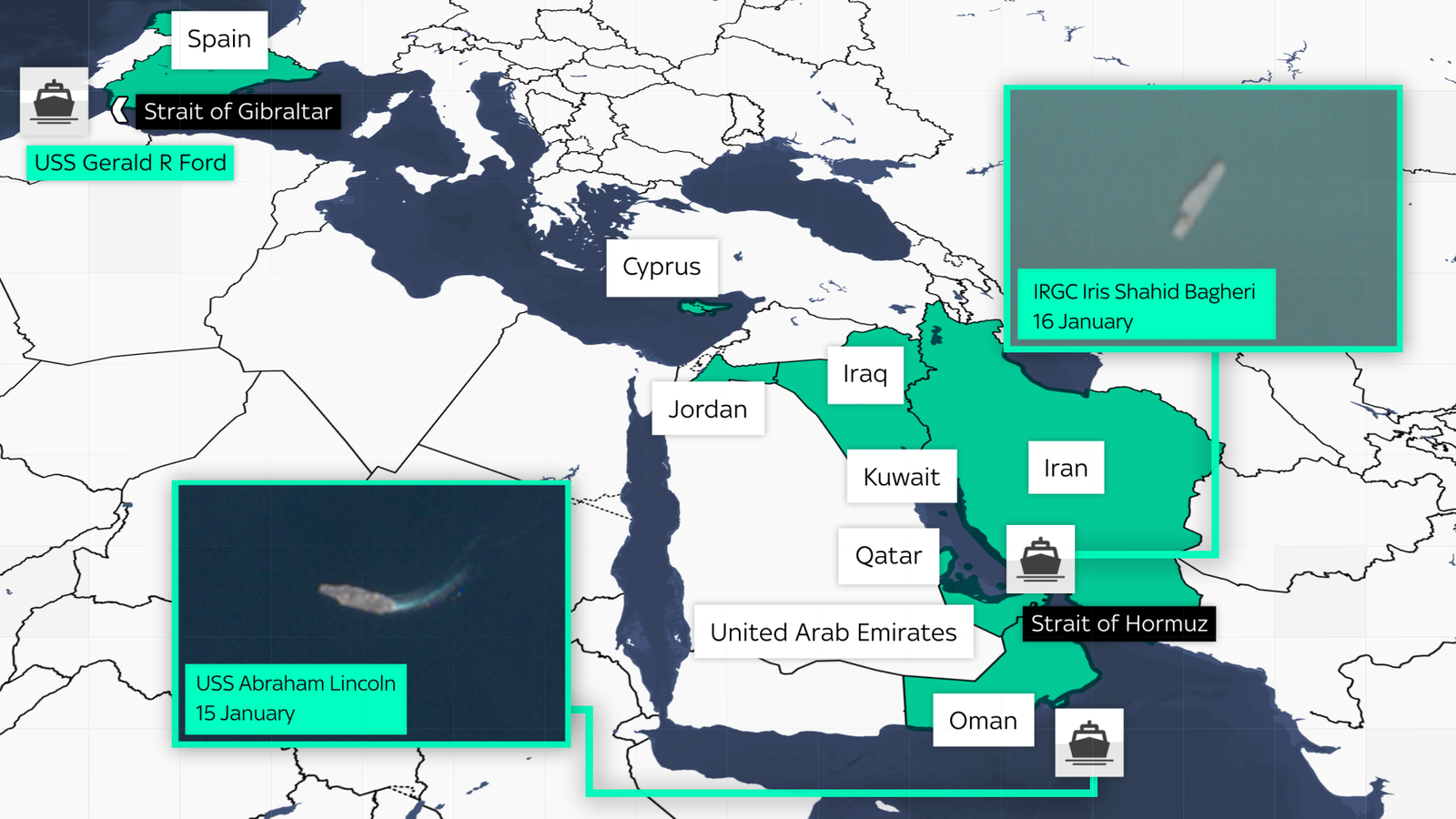The European Parliament and the EU Council have informally agreed on a new EU Visa Code aiming to simplify procedures for requesting and issuing short-stay visas to national more than 100 non-EU countries travelling to the bloc for short periods.
The decision came on the same day that the EP’s Civil Liberties Committee decided that UK nationals would be able to enter the EU visa-free for short periods after the country’s exit, provided EU nationals enjoy the same conditions when travelling to the UK
The new visa policy aims to facilitate legitimate travel for tourism, trade and business while preventing irregular immigrations and contributing to internal security and will be used to encourage non-EU countries to cooperate on migration.
Procedures for bona fide travellers will be simpler, and there will be a direct link between visa and migration policy.
Visa applications will have to be submitted between six months (instead of the current three months) and 15 days ahead of the intended trip, except for seafarers who will be allowed to submit applications nine months in advance.
Among other changes:
- the general visa fee will increase from €60 to €80 – with a possible reduction for people under 18 year-old -, and children under six, students and researchers will continue to be exempted of visa fee;
- the new prerequisite to buy travel health insurance will be assessed by the European Commission 15 months after introduction, taking into account the actual medical costs incurred by visa-holders;
- EU member states will have to work with external service providers to manage visa requests in non-EU countries where they are neither present nor represented; and
- additional facilities for well-known artists and high performance athletes touring in the EU, and multiple entry visas for frequent travellers.
Cooperation on readmission by non-EU countries
Some provisions, such as the visa fees, the time taken to issue decisions on applications, and the period of validity of multiple entry visas, may be adapted depending on whether a given non-EU country shows “sufficient”, or alternatively “insufficient”, cooperation on readmitting irregular migrants, following a full and objective assessment carried out by the European Commission every year.
Next steps
The informal deal will now be put to the vote in the Civil Liberties Committee. It will also need to be confirmed by plenary before formal adoption by the Council of Ministers. The changes will be applicable six months after the text is published in the Official Journal of the EU.
Background
Currently, travellers from 102 countries and 2 other entities are required to have a visa in order to enter the EU. The number of visa applications has increased by 50% in the last few years, from 10.2 million in 2009 to 15.2 million in 2016.
Visa waiver for Britons post-Brexit
Also on Tuesday, the EP’s Civil Liverties Committee unanimously backed rules exempting UK nationals who are British citizens of visa requirements for stays in the EU of up to 90 days in any 180-day period, from the day following the UK’s withdrawal from the EU.
Once the bill is agreed by both co-legislators (Parliament and Council), the United Kingdom would be included in the list of countries whose nationals do not need to request a visa to enter the EU for business, tourism or to visit relatives or friends. The visa exemption does not provide for the right to work in the EU.
No visa waiver without reciprocity
The draft specifically states that the visa waiver will be granted to UK nationals on the basis of reciprocity, i.e. provided that EU nationals are also given visa-free access for short business or tourist trips to the UK if it becomes a non-EU country.
If the UK introduces a visa requirement for nationals of at least one member state, “the reciprocity mechanism foreseen in EU legislation should apply”, says the text. This may lead to visa requirements for UK nationals being reintroduced.
Next steps
Civil Liberties Committee MEPs also agreed on Tuesday, with 50 votes to 2, to open negotiations with the Council of Ministers. The negotiating mandate will need to be confirmed by the Chamber. Talks will then begin once the Council adopts its own common position.
The visa waiver will be applicable in all EU member states (except Ireland, which has its own visa policy) and in the Schengen associated countries (Iceland, Liechtenstein, Norway and Switzerland). Ireland and the UK have a specific bilateral arrangement which provides for visa-free travel between both countries.
















